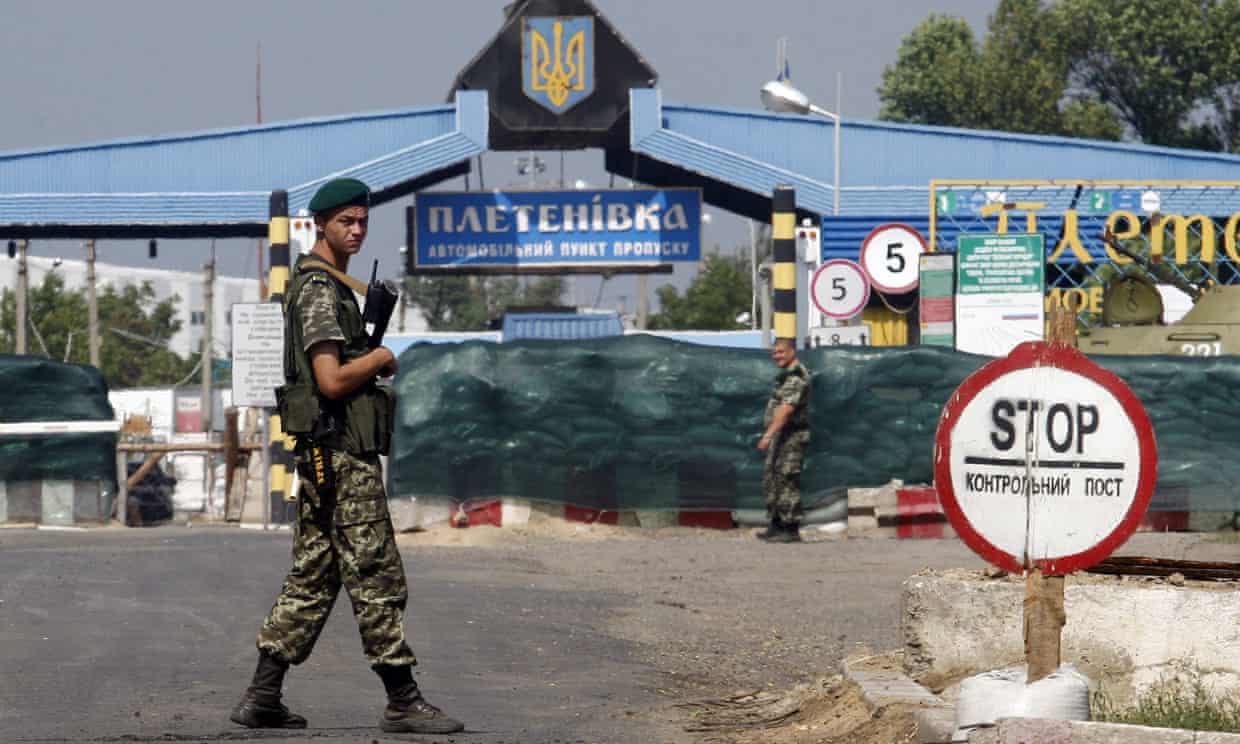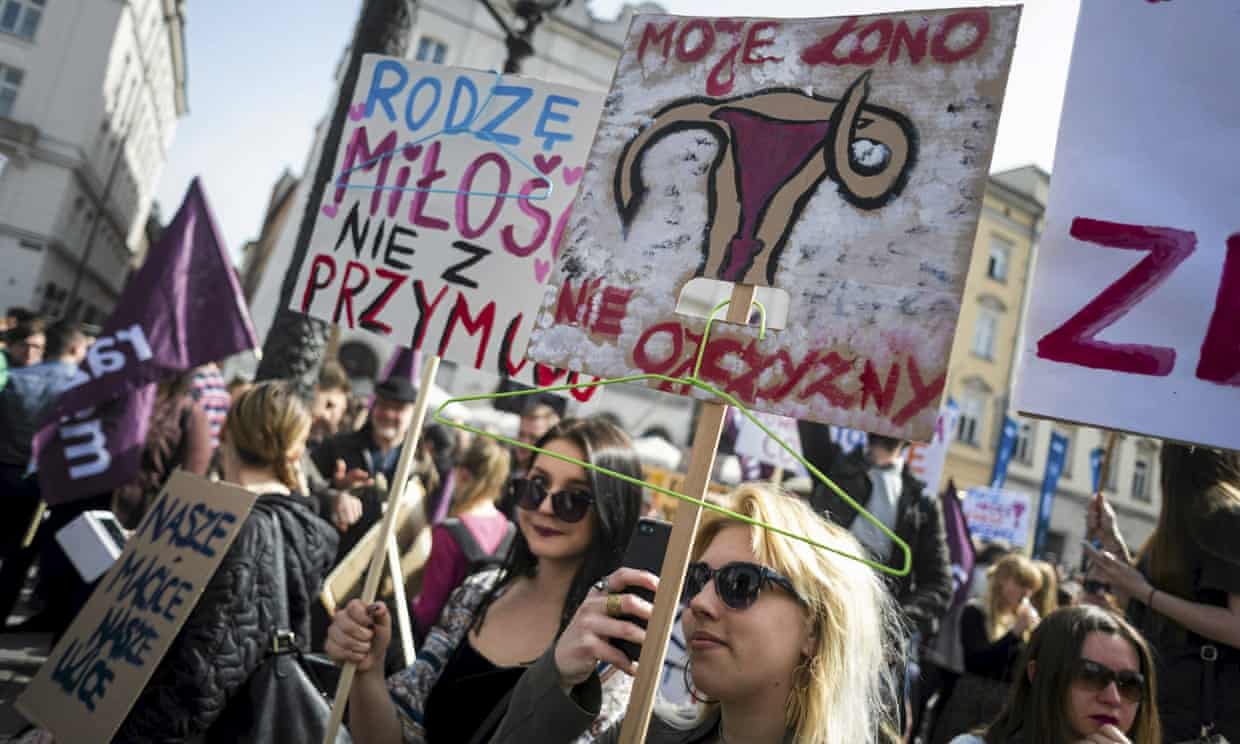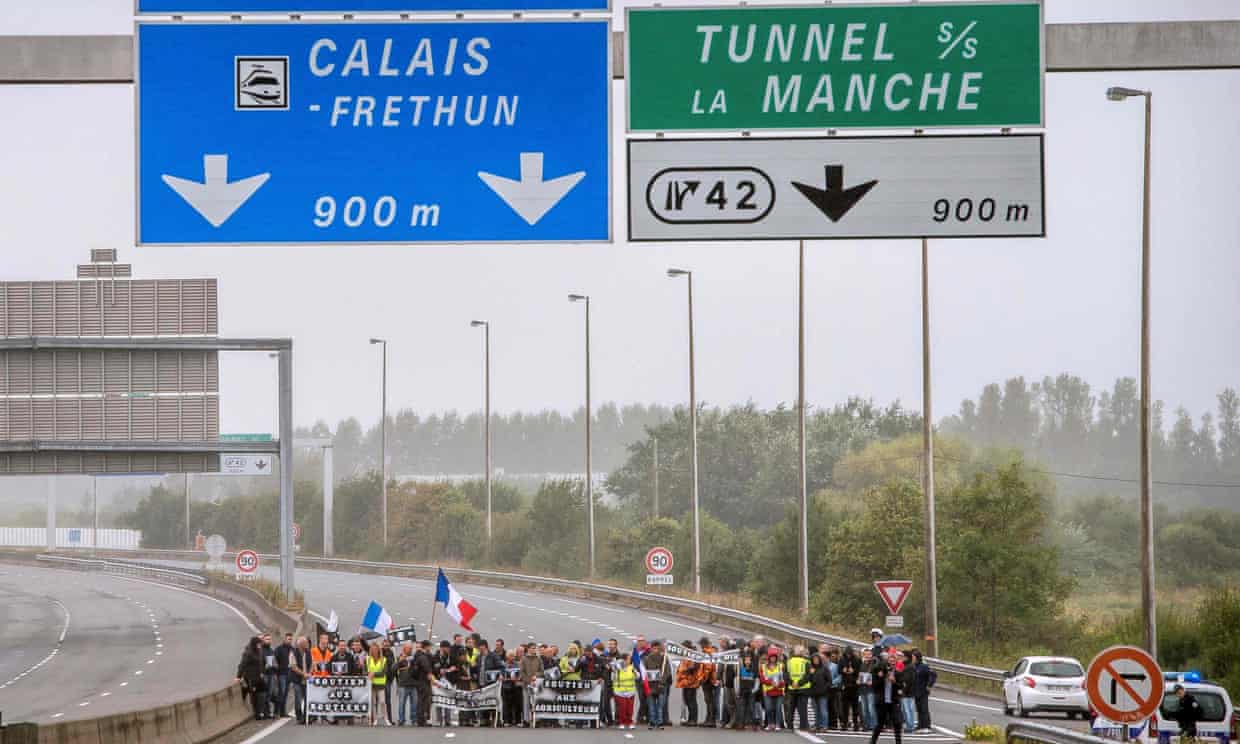By Sarah Lafen
Impunity Watch Desk Reporter, Europe
KIEV, Ukraine — Ukraine is considering a proposed bill which would ban any book that contains “anti-Ukrainian” content. The bill would see that all books imported into Ukraine from Russia are checked for such content. In addition, any books that do not recognize the Ukrainian state or people, as well as those that “call for the overthrow of power” in Ukraine would be banned as well.

According to the Kharkiv Human Rights Protection Group, the law proposes that the books will be assessed by a special council for “popularisation or propaganda of bodies of an aggressor state and their particular actions which create a positive image of the employees of the aggressor state, employees of Soviet state security bodies, justify or declare as legitimate occupation of Ukrainian territory.” Halya Coynash, a member of the human rights group, brings attention to the fact that the bill does not cover anti-Ukrainian books published in other countries.
In opposition to the Kharkiv Human Rights Protection Group, Vyacheslav Kyrylenko, Ukraine’s deputy prime minister, characterizes the bill’s intent as “humanitarian security.” This past April, Kyrylenko initiated a movement to allow Ukrainian law enforcement to remove any books of Russian origin from Ukrainian bookstores.
Russian publishers do not expect the proposed ban to have an effect on their businesses should the bill be passed. According to Oleg Novikov, general director of Russian publisher Eksmo, imports of Russian books into Ukraine are already at “historical lows.”
On the other hand, the proposed ban is being criticized by Ukrainian writers. Some say that such a ban has the potential to transform Ukraine into a police state in which state authorities have control over the content seen by the population. Oleg Ladyzhensky, a Ukranian science-fiction writer, alleges that the Ukrainian book industry is already in crisis, and would only suffer a larger detriment by the introduction of book bans.
The ban of Russian books in Ukraine is not a foreign concept. In 2015, Ukraine banned 38 Russian-published books on the basis that they allegedly spoke to “hate ideology” and “separatism.”
A draft of the law was adopted earlier this month by Ukraine’s cabinet of ministers.
For more information, please see:
The Guardian — Ukraine Prepares to Ban ‘Anti-Ukrainian Russian Books — 28 September 2016
Channel NewsAsia — Ukraine Moves to Ban ‘Illegal’ Russian Books — 8 September 2016
BBC — Ukraine Bans 38 Russian ‘Hate’ Books Amid Culture War — 11 August 2015



